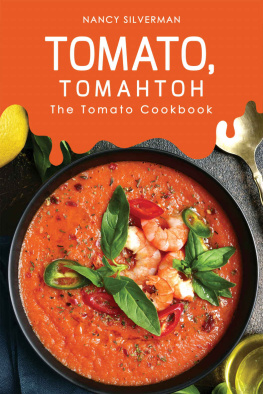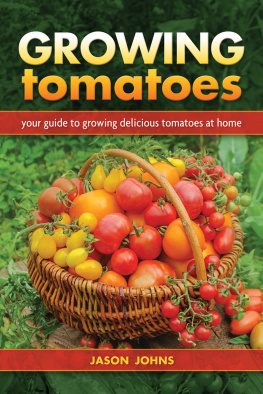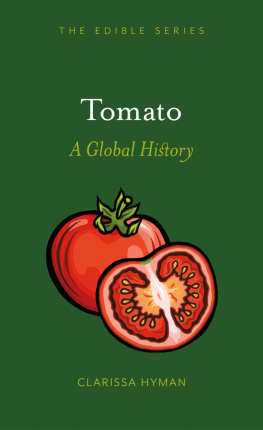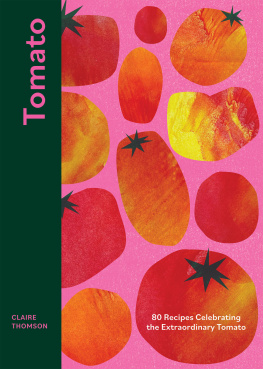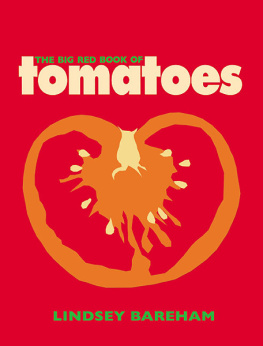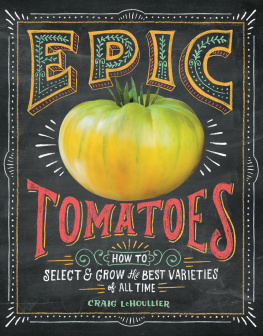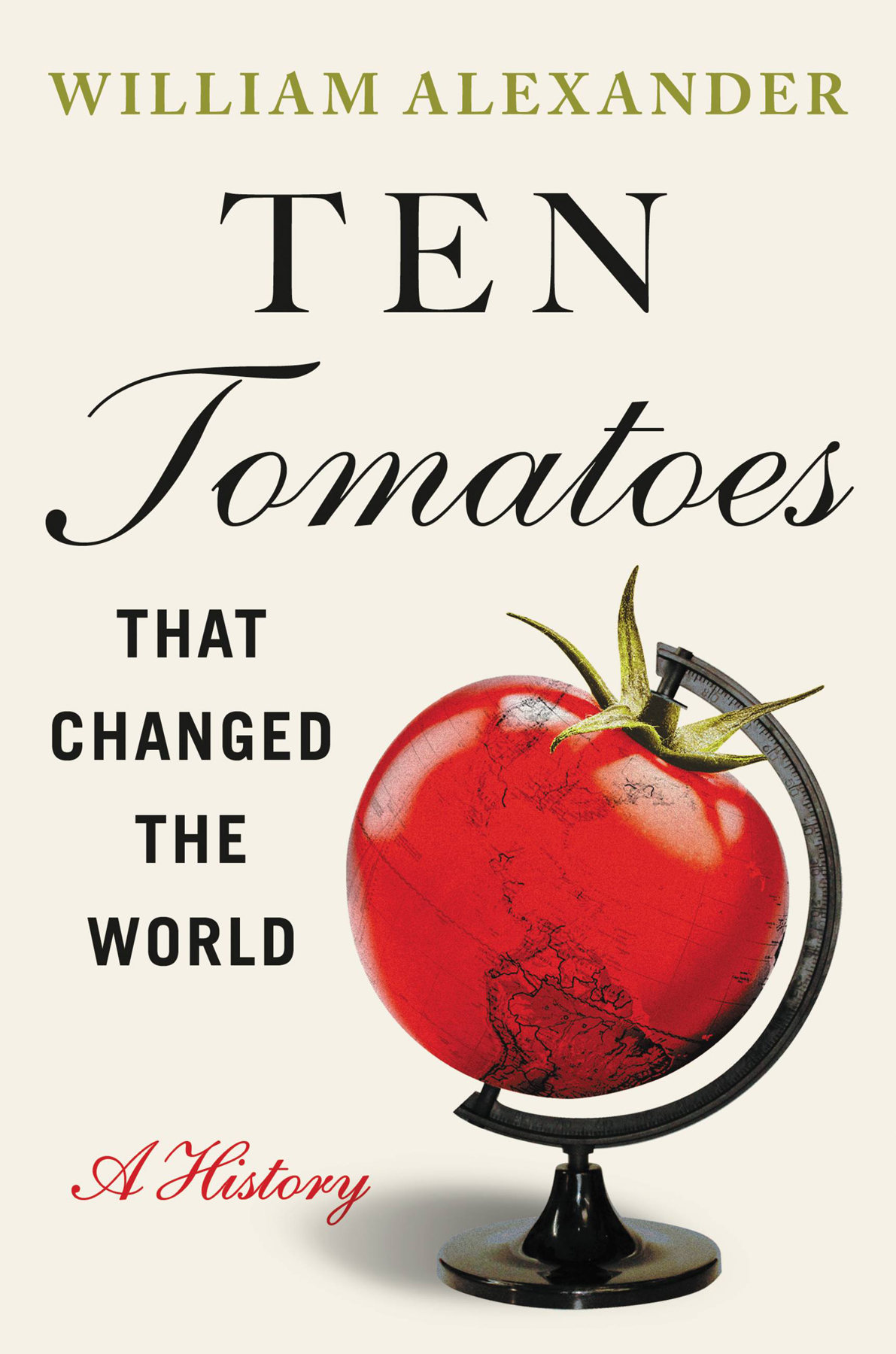
Copyright 2022 by William Alexander
Reading Group Guide Copyright 2022 by William Alexander and Hachette Book Group, Inc.
Cover design by Tree Abraham. Cover images by Shutterstock.
Cover copyright 2022 by Hachette Book Group, Inc.
Hachette Book Group supports the right to free expression and the value of copyright. The purpose of copyright is to encourage writers and artists to produce the creative works that enrich our culture.
The scanning, uploading, and distribution of this book without permission is a theft of the authors intellectual property. If you would like permission to use material from the book (other than for review purposes), please contact permissions@hbgusa.com. Thank you for your support of the authors rights.
Grand Central Publishing
Hachette Book Group
1290 Avenue of the Americas, New York, NY 10104
grandcentralpublishing.com
twitter.com/grandcentralpub
First Edition: June 2022
Grand Central Publishing is a division of Hachette Book Group, Inc.
The Grand Central Publishing name and logo is a trademark of Hachette Book Group, Inc.
The publisher is not responsible for websites (or their content) that are not owned by the publisher.
The Hachette Speakers Bureau provides a wide range of authors for speaking events. To find out more, go to www.hachettespeakersbureau.com or call (866) 376-6591.
Library of Congress Cataloging-in-Publication Data
Names: Alexander, William, 1953- author.
Title: Ten tomatoes that changed the world : a history / William Alexander.
Description: First edition. | New York : Grand Central Publishing, 2022. | Includes bibliographical references. | Summary: The tomato gets no respect. Never has. Lost in the dustbin of history for centuries, accused of being vile and poisonous, subjected to being picked hard-green and gassed, even used as a projectile, the poor tomato has become the avatar for our disaffection with industrial foods - while becoming the most popular vegetable in America (and, in fact, the world). Each summer, tomato festivals crop up across the country; the Heinz ketchup bottle, instantly recognizable, has earned a spot in the Smithsonian; and now the tomato is redefining the very nature of farming, moving from fields into climate-controlled mega-greenhouses. Supported by meticulous research and told in a lively, accessible voice, Ten Tomatoes That Changed the World seamlessly weaves travel, history, humor, and a little adventure (and misadventure) to follow the tomatos trail through history. A fascinating story complete with heroes, con artists, conquistadors, and-no surprise-the Mafia, this book is a mouth-watering, informative, and entertaining guide to the food that has captured our hearts for generationsProvided by publisher.
Identifiers: LCCN 2021053701 | ISBN 9781538753323 (hardcover) | ISBN 9781538753316 (ebook)
Subjects: LCSH: TomatoesHistory. | Cooking (Tomatoes)
Classification: LCC SB349 .A268 2022 | DDC 635/.642dc23/eng/20220119
LC record available at https://lccn.loc.gov/2021053701
ISBNs: 9781538753323 (hardcover), 9781538753316 (ebook)
E3-20220315-JV-NF-ORI
For Anne
Tenochtitln, Mexico. July 1, 1520.
The Spanish conquistador Hernando Corts had miscalculated, badly. Having massacred and connived his way into the Aztec island capital of Tenochtitln seven months earlier, he and his small army were in desperate straits. Montezuma, both his protector and his prisoner, was dead, struck by a stone hurled by his furious subjects, who now turned their rage on the invaders. Outnumbered, cut off from the mainland, and under siege, the conquistador saw but one hope of saving the lives of his 250 men. Should he fail, the dead soldiers would be the fortunate ones; the unlucky captives could look forward to having their still-beating hearts ripped out of their chests.
Packing up all the stolen treasure they could carry, the Spaniards staged a desperate midnight escape, using portable bridges constructed in secret to span the breached causeways. The heavy load of gold proved unwieldy, however, winding up at the bottom of Lake Texcoco, an incalculable loss of wealth the likes of which the world had never seen. But Corts would escape, regroup, and reconquerwith a vengeance. Within fourteen months, this once-thriving civilization would be in ruins, having fallen victim to Spanish aggression, germs, and their insatiable lust for silver and gold. But the true treasure of Mexico, one that in the end would have an impact comparable to that of all the precious metals in the New World, would soon find its way on a ship to Europe, to forever change the course of history.
Im speaking, of course, of the tomato.
A S TRANGE F OREIGN V EGETABLE I S G IVEN A N AME , T HEN F ORGOTTEN
Pisa, Italy. All Hallows Eve, 1548.
The Grand Duke of Tuscany, Cosimo de Medici, descended the long staircase of the Palazzo Vecchio after receiving word from his steward that a basket had arrived from the dukes country estate outside of Florence. As the household gathered round to witness the introduction of a strange vegetable from the New World, it would seem that tomatoes were about to be introduced to Italy by the famous and influential Cosimo de Medici, and really, could you think of a better person? A free-spending patron of the arts and sciences who had just financed Pisas first botanical garden, the grand duke, in public life since the age of seventeen, was an amateur botanist with a special interest in New World plants, as was apparent from the rows of maize that greeted surprised visitors to Villa di Castello, one of his numerous Tuscan estates. And he had a Spanish wife, Eleonora di Toledo, whose family in Spain had access to the many botanical specimens arriving from the Americas.
Now Cosimo had his hands on tomatoes, destined not only to become almost synonymous with Italy, but on a course to influence the cuisine of the entire world, from American ketchup to Indian tikka masala. Surely an epic moment! What would follow next? The birth of pizza and spaghetti? A dinner invitation to Michelangelo? The dramatic moment is recorded by the steward in reverent, almost biblical tones: And the basket was opened and they looked at one another with much thoughtfulness.
What they said next was not recorded, but I suspect they looked to the heavens and thought, What the fanculo???
Given that the following day was All Saints Day, a traditional feast day, one wonders if the tomatoes might have been intended for that use. But no tomatoes were served for dinner. Not that day, nor the next. Nor the year after, nor the decade after. Nor even the century after. In fact, the vegetable that is so closely associated with Italian food that one would be forgiven for assuming (as I confess I once did) that its a native plant of Italy would not secure its place in Italian cuisine for another three hundred years.
Still, the event is historic, as it represents the first documented instance of the tomatos arrival in Italy. And when the steward sends a polite note back to the estate that the basket arrived safely, he gives, for the first time anywhere in Europe, a name to these strange imports from the New Worldpomodoro.





